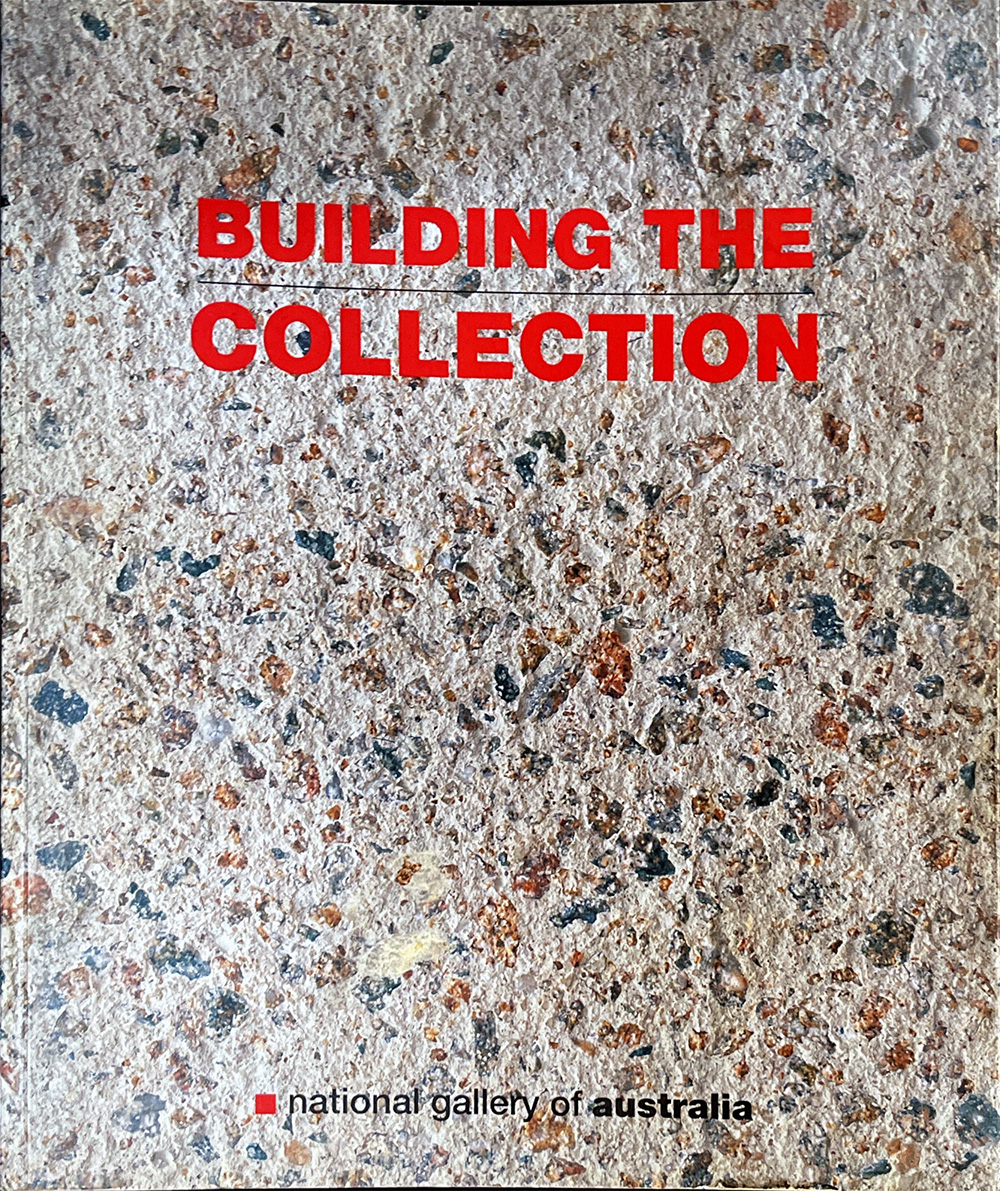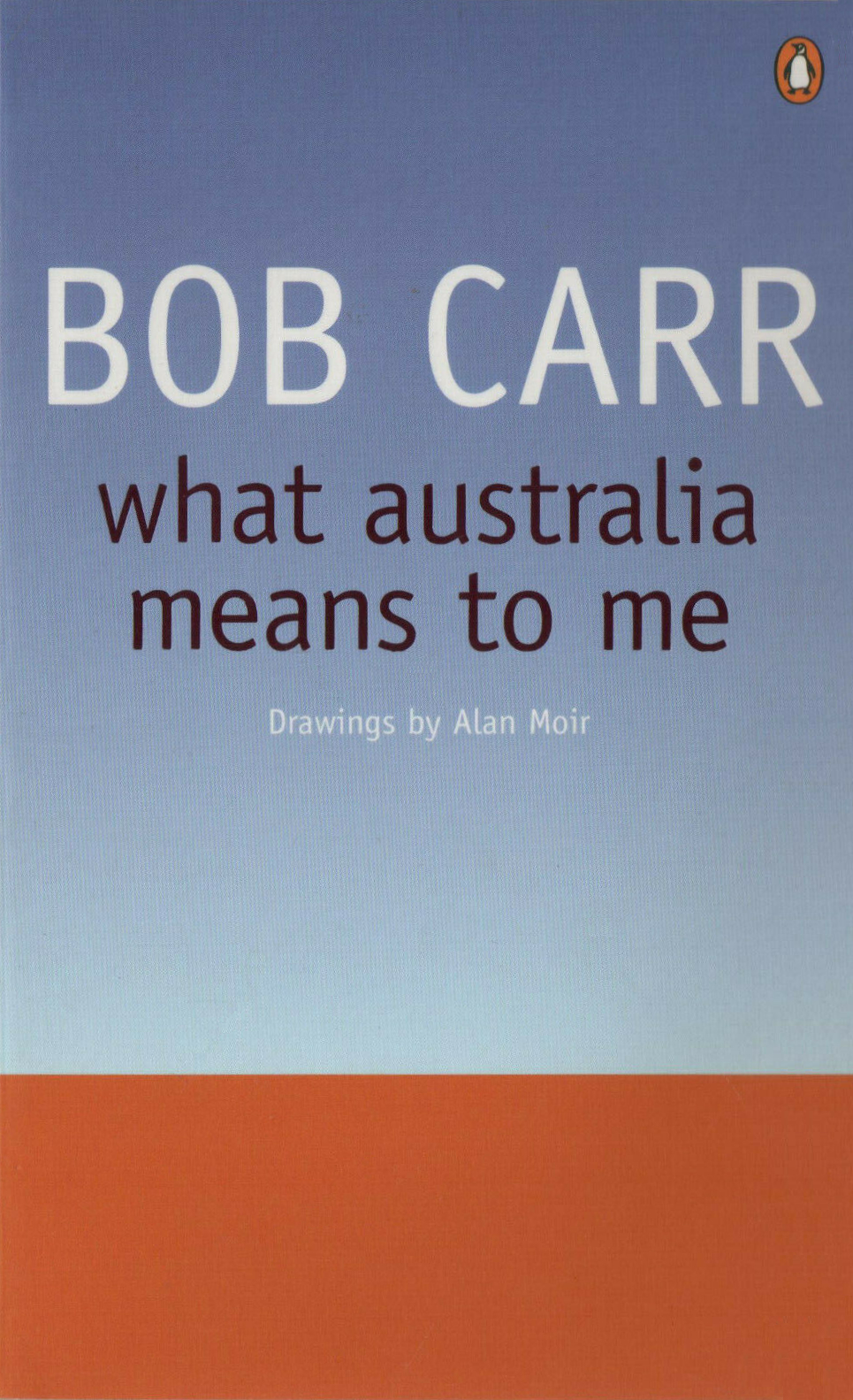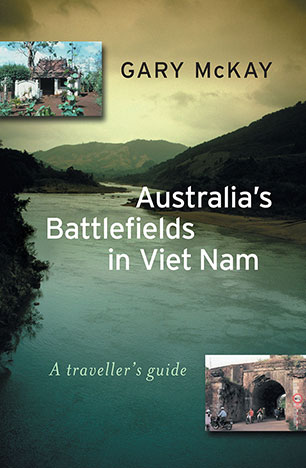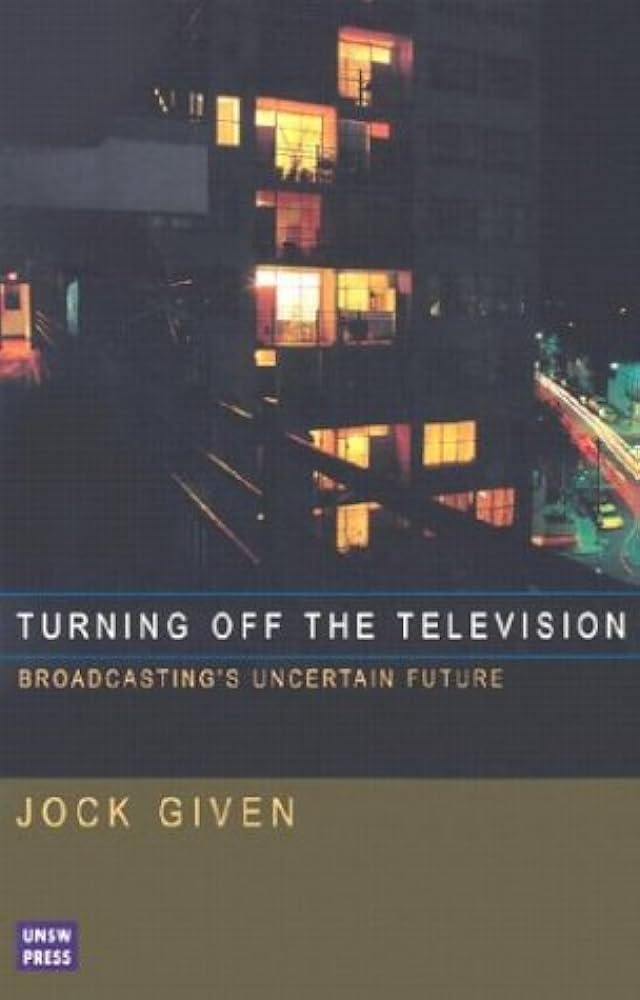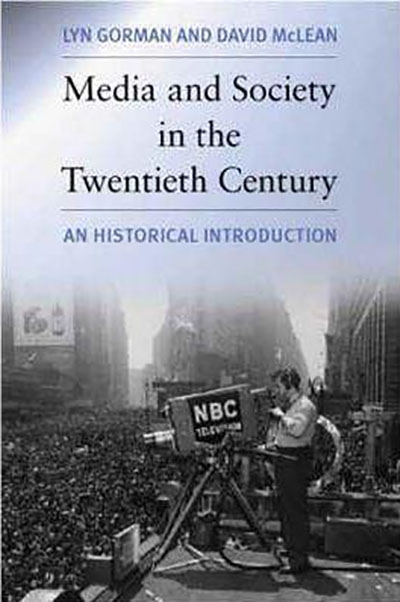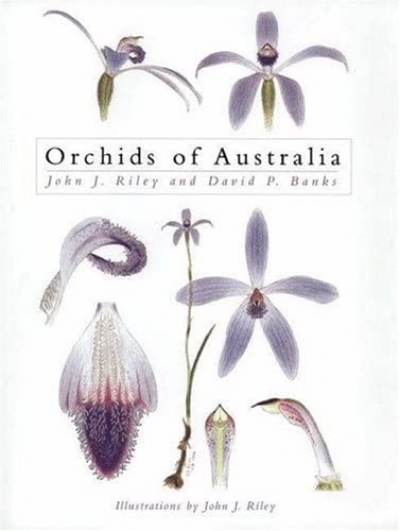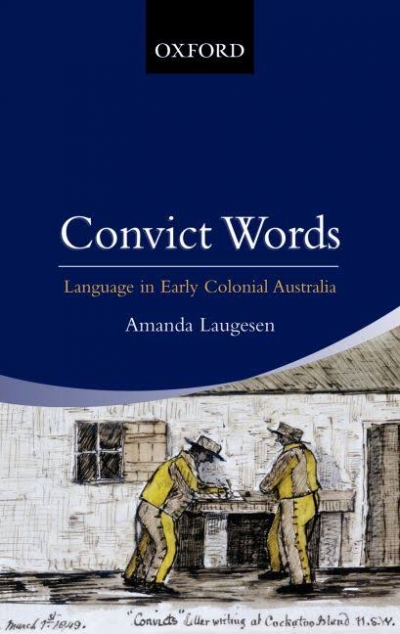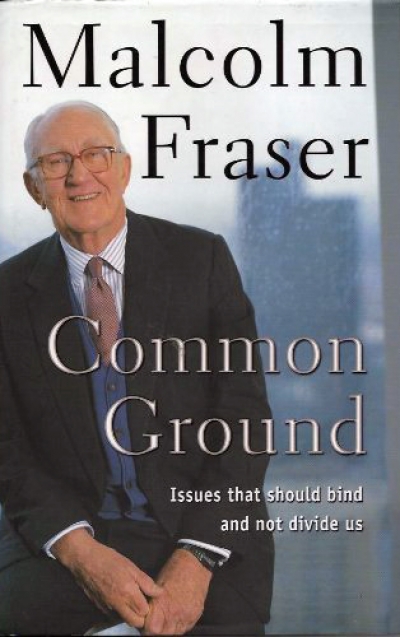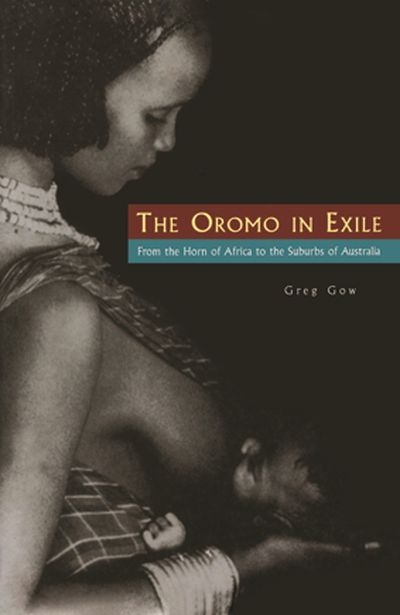Non Fiction
Robert Hughes, bemoaning the contents of the Art Gallery of New South Wales in 1959, cast an eye over its sandstone façade decorated in bronze letters with such august names as Rubens, Titian and Raphael, and quipped: ‘Never has so large a nut housed so inadequate a kernel.’ The National Gallery of Australia was in every respect the opposite story: its collection was a fat kernel in search of a shell. Until 1968 this collection, thought to comprise some 3000 works, was strung around Canberra offices and Australian embassies like so much washing on a line. The Commonwealth Art Advisory Board, which would soon be dismantled, had been buying energetically, if conservatively, for years. However, there was no catalogue, no conservator to care for them and no established policy for the collection.
... (read more)What Australia Means to Me by Bob Carr & Bob Carr by Andrew West and Rachel Morris
Not since Henry Parkes has New South Wales had such a literary-minded premier as Bob Carr. Parkes published his own poems and wrote two earnest volumes of autobiography. Carr, so far, has tried his hand at a novel, a memoir and a diary, as well as writing lots of occasional pieces. Carr, like Parkes, was a journalist before becoming a professional politician. Parkes, too, dragged himself from humble beginnings to a position where he could use official letterhead to arrange meetings with those he admired. Carr has sought out writers such as Norman Mailer and Gore Vidal to autograph his copies of their books and to join him at dinner. Once established, Parkes’s main aim was to stay in power. It was his only source of income, so his manipulation of factions, policies and the electorate all focused on that end. Graham Freudenberg has said of Carr: ‘Labor politics is central to Bob’s identity … if you took the politics away from Bob there would be nothing much left.’ But unlike Carr, Parkes did not have the option of moving to federal politics (he died before 1901). After Federation, NSW politics was stripped of talent as its leaders, including Edmund Barton, William Lyne and George Reid, made the move. Reid, a long-serving and highly effective NSW premier, is one of only two state premiers ever to have succeeded in becoming prime minister, the other being Joe Lyons.
... (read more)Australia’s Battlefields in Viet Nam by Gary McKay & On the Offensive by Ian McNeill and Ashley Ekins
For most Australians, certainly for those under the age of forty, ‘Vietnam’ is either an item on school curricula or a slightly off-the-beaten-path tourist destination. History or holiday. This may affront some, especially the small groups on either side of the 1960s cultural and political divide that cannot let go, but it is a sign of a generational shift and of the creation of the distance between ourselves and the event that is necessary for enhanced understanding and reconciliation between Australians and the Vietnamese.
... (read more)Turning off the Television by Jock Given & Media mania by Hugh Mackay
At a recent Australian Broadcasting Authority conference, federal communications minister Senator Richard Alston conceded that the early adoption of digital television in Australia had been ‘modest’. More impartial observers of the transition to digital broadcasting in Australia have been less restrained. ‘A digital dead-end’ and ‘dismal failure’ are representative of recent media commentary on the subject.
... (read more)Media and Society in the Twentieth Century: A historical introduction by Lyn Gorman and David McLean
Media history is an oddly underdeveloped area. Historians who work in media history are frequently reminded that such work exists at the margins of their discipline, and media does not feature at all in many accounts of political and social history. To take one example, Alastair Davidson’s otherwise impressive From Subject to Citizen: Australian citizenship in the twentieth century (1997) contains one reference to Rupert Murdoch’s citizenship, but none to the role of media in forming the identities of Australian citizens in the twentieth century.
... (read more)Orchids of Australia by John J. Riley and David P. Banks
This beautiful book showcases the botanical orchid illustrations of John Riley, a retired shearer whom some regard as Australia’s finest living botanical illustrator. Riley started drawing Australian orchids in the 1970s, and this volume includes subjects that date back to 1992. It lists 150 works. Those who take book titles literally will assume that this volume contains illustrations of all our native orchids. This is not the case. We have a rich flora of about 1,200 species. This, therefore, is the first in a planned series intended to describe and illustrate all our orchidaceous flora.
... (read more)Convict Words: Language in early colonial Australia by Amanda Laugesen
Amanda Laugesen’s Convict Words is a dictionary of the characteristic or salient words of early colonial discourse, the lexis of the convict system and transportation, which survived until 1840 in New South Wales, 1852 in Van Diemen’s Land, and 1868 in Western Australia. It is not immediately clear what sort of readership is envisaged for the book. It would not occur to many people interested in Australian colonial history to address the subject through the words the actors in that history used, and the book does not directly answer most of the questions the enquirer might have in mind, unless of course it were convictism itself. As for word-buffs, the limited range of the target lexis – convict words in this narrow sense, and not necessarily Australianisms – may not have suggested itself as an engrossing topic.
... (read more)Common Ground: Issues that should bind and not divide us by Malcolm Fraser
When Malcom Fraser was prime minister, he was generally thought of as a hard and ruthless man of the right. In part this was because of the role he played in the removal of Gough Whitlam; in part because of his fiscal prudence; in part because of his orthodox Cold War foreign policy. Following his defeat in 1983, an alternative picture of Fraser gradually emerged. Under Labor, Australia embarked upon a program of economic rationalist reform. For his failure to anticipate this programme – to be wise or, as some would say, unwise before the event – Fraser was caricatured, especially by his former political friends, as a do-nothing prime minister. His time in office was ridiculed as Seven Wasted Years. After 1996 Fraser became one of the most influential critics of John Howard’s new brand of populist conservatism. The portrait of him was once more redrawn. The left saw him as a principled humanitarian; the right as an incorrigible Wet.
... (read more)The arresting cover of James Jupp’s important From White Australia to Woomera features the distraught faces of the children of detained asylum seekers. As the blurb puts it: ‘There never has been a greater need for a sober, historically informed yet critical account of immigration policy in Australia.’ This is indeed a book for the times. The nation’s left/liberal intelligentsia – much-disparaged by the right as ‘the politically correct chattering élite’ – has been in a state of profound shock ever since John Howard and Philip Ruddock swept the government to victory in November 2001 on the back of their hardline policy on asylum seekers. The Tampa episode, the ‘Pacific solution’ and the rising desperation of the families incarcerated and punished at Port Hedland, Maribyrnong and Woomera are surely all too familiar to readers. Labor’s experimentation with temporary protection visas for refugees in 1990, and the introduction of mandatory detention for the ‘boat people’ in 1991, had been followed under Howard, from 1996, by the freezing of humanitarian programme levels, reductions in social security support and an increasingly draconian detention regimen. But none of these developments quite prepared observers for the Howard government’s subsequent demonising and torturing of these wretchedly desperate folk in the final stage of their attempt to find sanctuary from evil Middle Eastern régimes. And nothing, perhaps, was more shocking than the government’s dry-eyed response to the drowning of refugee women and children at sea.
... (read more)How to Play Netball by Jodie Clark and Kristen Moore & How to Play Cricket by Garrie Hutchinson
I was given these books for review just as I was finishing W.G. Sebald’s novel Austerlitz. Its combination of fictional characters, information about language, architecture and war, and visual images reminded me that reading has so many functions. We read in order to imagine, to learn, to make discoveries. My admiration for Austerlitz also put me in mind of national differences. On the cover is a photograph of a child dressed as a pageboy and holding a feathered hat. His serious gaze and self-conscious posture mark him as a product of a culture where the intellect has precedence over the physical. Pale hair and a gently rounded face indicate his European origins, but otherwise it is almost impossible to relate him to any Australian child.
... (read more)

